Sabdapramana or ‘Testimony’ is a formidable doctrine within Indian philosophy. A thorough investigation of this thesis is long overdue. What is Sabdapramana (word as knowledge)? What is involved in ‘hearing’ words? Is the understanding derived through hearing utterances direct or indirect? Does this peculiarly linguistic understanding (Sabdabodha) amount to knowledge (Prama), or does it depend on certain other conditions for its truth? Further, what sort of theories of meaning, understanding, and knowledge would be required to ground a successful Sabdabodha as Prama, need careful attention. It is sometimes said that Indian thinkers had no particularly interesting theory of understanding. The present work sets out to address these issues — issues that have traditional and modern thinkers alike. Based on the classic text, Advaita Vedantaparibhasa of Dharmarajadhvarindra (seventieth century), the analysis and arguments extend to the views of and criticisms from the Nyaya, Purva Mimamsa and the Grammarian/linguistic schools within Indian philosophy, with a treatment of similar concerns in western philosophy. There is a compelling thesis here that should be taken seriously in any philosophy. Long discarded as a distinct source of knowledge in Western philosophy, testimony might be fruitfully reexamined. This could lead to mutual dialogue between philosophy and religion, and pave the way for critical metaphysics.
Horizons of the Self in Hindu Thought: A Study for the Perplexed
There is a variety of ...
$22.50
$25.00

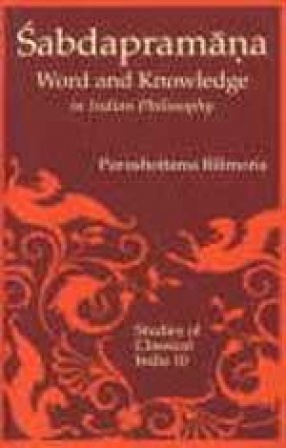
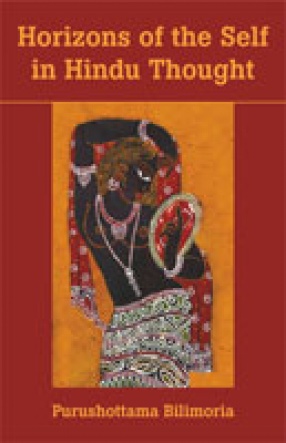
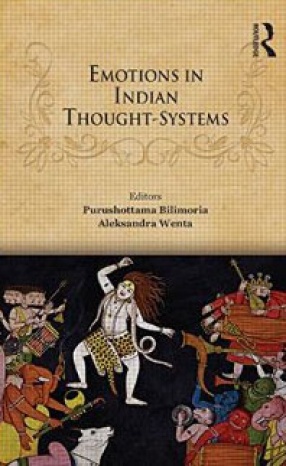
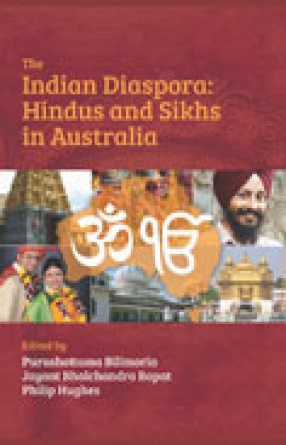
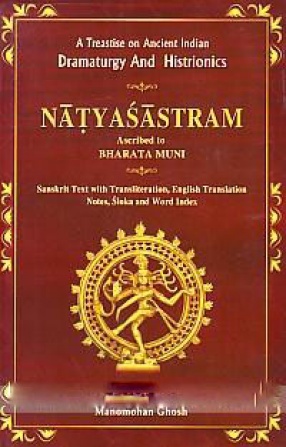
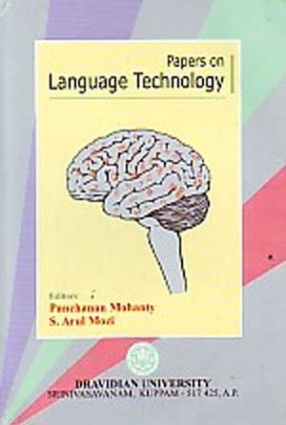
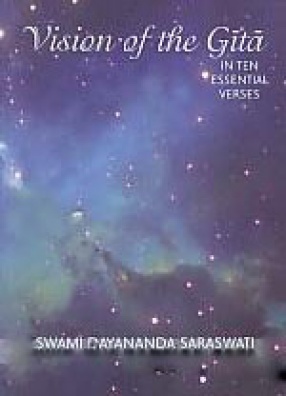
There are no reviews yet.